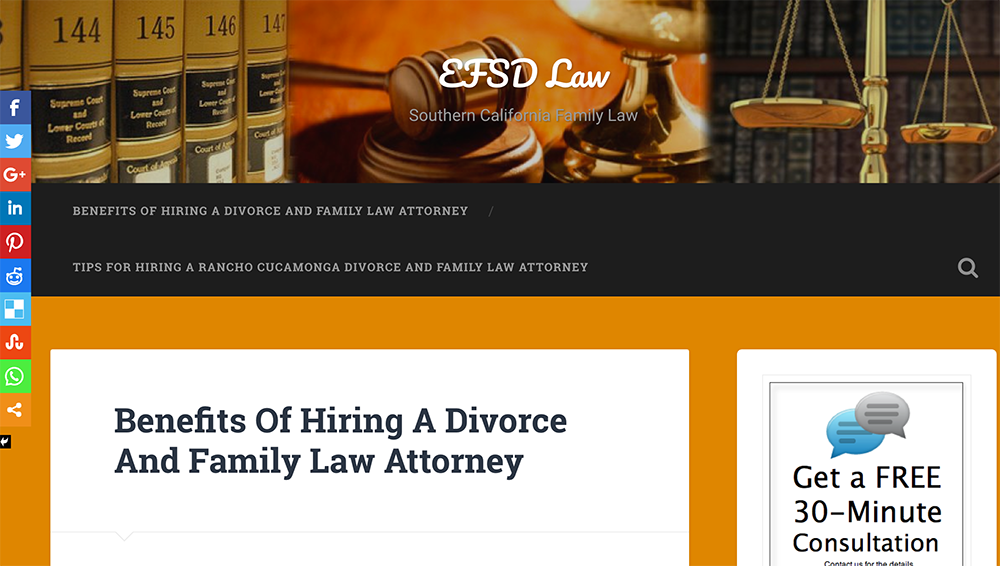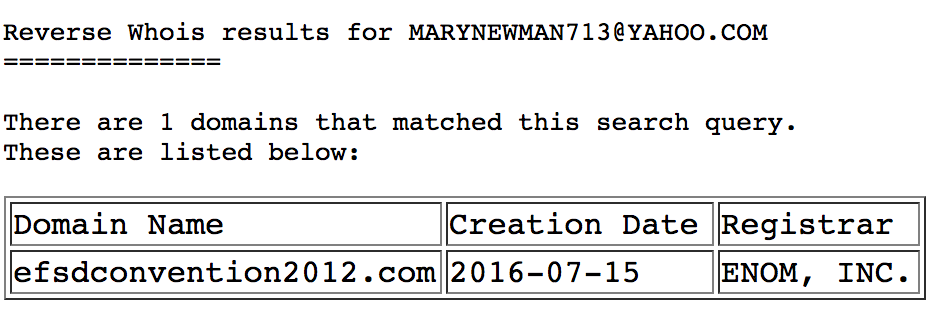The short answer is yes… But they are taking a VERY big gamble and risk getting penalized & removed from Google search results for a long time.

Link building for law firms has always proven to be a difficult task. The importance of links as a Google Ranking factor is still very prominent and the best attorney SEO companies know this.
On one hand, lawyers know they need to have strong links, but on the other, they recognize that getting legitimate links takes a lot of time and effort, and thus, a lot of money.
It’s due to these reasons that people start wondering “how can I cheat the system?”. Whether it’s buying links, automated links, or building a personal blog network (PBN), there is no shortage of these link schemes.
Just two weeks ago I had a potential client call me and tell me how he just spent “a small fortune” on a link network for his firm, just to help with SEO rankings. This shocked me because it had been a while since I have heard anyone talking about PBNs. But what is a PBN?
What is a PBN?
A PBN or Private Blog Network is a network of authoritative websites used to build links to your primary website. In other words, PBN’s are a series of websites built for the sole purpose of passing link equity back to your website to manipulate Google’s rankings.
These websites are typically owned by marketing agencies or independent law firms for the sole purpose of interlinking.
Is Google Good at Detecting PBN Links?
They are not as good as you would think.
Google has made many significant link updates over the years through major algorithm updates like Penguin geared towards targeting low-quality links. In addition to this, they have attacked and taken down many private blog networks with manual actions.
So all in all, Google has gotten better at tackling private blog networks, but people have also gotten smarter. When SEO companies build PBN’s I typically see them going to extreme lengths to obfuscate their presence by using different hosting companies, domain registrars, analytics code, etc.
At this point you might be thinking… well how can they build authority to their own PBN websites and not their own? Great question, let’s start by looking at a common trick!
One Common PBN Trick
One common PBN trick is buying previous websites on expired domains.
In this scenario, people will typically monitor expiring domains that already have a strong backlink profile or purchase websites outright that have a strong link profile. One common theme I’ve seen used over and over for this are event websites.
Example PBN #1: http://www.efsdconvention2012.com
Let’s start by looking at the website for the 2012 Eagle Forum San Diego Convention. At first glance, it’s easy to see that this domain was registered for a conference and the website was created for a conference in that specific year.
Moz Open Site Explorer only shows the domain as a 16/100, but AHREFS which has the biggest link index gives this domain a domain rating of 36/100. In fact, it’s one law firm’s most popular linking domain with over 2,200 backlinks according to AHREFS.
So how would I know that this is likely part of a privately owned blog network? Step 1, look at the two-page website:

Did you throw up a little as well looking at this website? It’s pretty clear looking at this website that it’s absolute crap and is not there to serve any real user intent. In fact, even the contact button on the right sidebar is blank.
To dive deeper I started by checking the source code for Google Analytics. There was none.
Next, I conducted a WHOIS search to see who owns the domain. It looks like someone named LOTTIE BROWN who lives on Pooh Bear Lane registered this domain. Really? Thankfully they provided some more information for me to dive a bit deeper:
Tech Email: MARYNEWMAN713@YAHOO.COM
Name Server: NS29.CROCWEB.COM
Name Server: NS30.CROCWEB.COM
A reverse DNS lookup using the email address shows that Mrs. Brown only has one domain registered to her.

I also did a reverse DNS check and basically found that they’re trying to keep this website on an island by itself.
So this website appears to be operating independently from my observations. In cases like this, it’s best to continue your investigation down the on-page rabbit hole. So I analyzed the outgoing links to see what I could find.
I found a bunch of outgoing links to Divorce360.com as well as links to websites such as:
colleylaw.net/personal-injury-wrongful-death/brain-injury/
www.apricotlaw.com/lawyer-seo/
www.brocklawfirm.com/ (x)
www.calahanlaw.com/ (x)
www.crowelllawoffices.com/personal-injury/sacramento-car-accident-lawyer/ (x)
www.greenberglawoffices.com/ (x)
The apricot link stood out to me for sure so I checked out their portfolio page which shows 4/5 law firms I listed above on that page. I think we know who owns it now.
Example #2: http://www.thetalon.us
For my second example, I looked at the same link profile of the firm I was initially analyzing and found this link which as an AHREFS domain rating of 34/100.
This domain is registered by Marie Nelson who lives on 2480 Pooz Street, which appears to not exist. This domain owner also only owns one domain and also does not believe in tracking website visits through Google Analytics.
This website has 12 outgoing links, 3 of which domains looked pretty familiar:
- http://www.brocklawfirm.com/rancho-cucamonga-divorce-lawyer/child-custody/child-visitation/
- http://colleylaw.net/austin-car-accident-lawyer/common-causes/speeding/
- http://www.greenberglawoffices.com/
So after looking at this, it’s pretty easy to see that this company engages in private blog networks for their clients.
Do PBN’s Still Work?
The hardest part about PBN’s is figuring out if they’re working for a client. While the anecdotal evidence seems to always point to Yes, there are variables we don’t have control over such as – did the website disavow these links?
Soon we will be publishing a study on the effectiveness of these PBN’s in the legal space along with data to support our claims.
Should You Consider Using a PBN?
No. Do not consider damaging your brand all because you want to appease the Google gods for an effective quick win. If you get penalized you will have screwed yourself over for some time to come.
